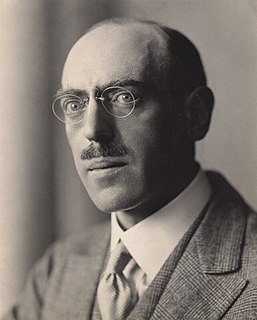A Quote by Tom Peters
The populations of most cities around the world continue to grow. The reasonspeople congregate in cities are various and complex, and the dawn of the digital age has not put much of adamper on the human urge to congregate.
Related Quotes
Fifty percent of the world's population lives in cities. In a couple of decades, 70 percent of the world's population will be living in cities. Cities are where the problem is. Cities are where the solution is, where creativity exists to address the challenges and where they have most impact. This is why, in 2005, the C40 was founded, an organization of cities that address climate change. It started with 18 cities; now it's 91. Cities simply are the key to saving the planet.
Monks congregate like dogs in a kennel,
From contact with their superiors they acquire knowledge,
Is one the course of the wind, is one the water of the sea?
Is one the spark of the fire, of unrestrainable tumult?
Monks congregate like wolves,
From contact with their superiors they acquire knowledge.
They know not when the deep night and dawn divide.
Nor what is the course of the wind, or who agitates it,
In what place it dies away, on what land it roars.
For the most part, French cities are much better preserved and looked after than British cities, because the bourgeoisie, the people who run the cities, have always lived centrally, which has only recently begun to happen in big cities in England. Traditionally in England, people who had any money would live out in the suburbs. Now, increasingly, people with money live in the cities, but this has changed only in the last 20 or so years.
As far as cities, one of my favorite stops every year is Rome I think it's super fun to play there, because the tournament is really cool and the fans are super engaged, but also you get to walk around going to dinner, and the history - it's truly one of the most amazing cities in the world. I love it.
You have to take in the whole picture, and ask, "What is it you want? What kind of world do you want?" So, I have drawings of different cities. Those cities have an end goal; they're not just cities. The end goal of those cities is to make things relevant to people that they respond to. There's no other way.
There's no getting around the fact that some cities face long odds, and governments and societies are going to be confronted with some hard decisions. Most importantly, cities have to recognize that in times of crisis they have to help themselves. Governments, no matter how well intentioned, can only do so much, especially when they themselves are so strapped for cash, as the U.S. is now. Government money will probably flow to cities and regions with good prospects for the future, so as not to risk money even further by pouring it into stalled economic models.


































